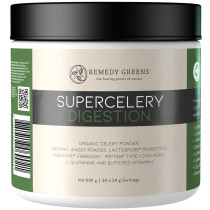Ginger
Plant of the Zingiberaceae Family
Ginger
Other Name(s):
Zingiber officinale; Ginger Oleoresin; Ginger Absolute

Ginger is native to the warm, humid tropics and subtropics of Southeast Asia and India. Thanks to its popularity, ginger is grown around the world outside of its natural distribution. From the Carribean, tropical Africa, Australia and parts of the United States.
Is Ginger Faithful to Nature?
Yes.
Ginger is an amazing natural ingredient with remarkable properties and a rich history of use in Ayurvedic, Traditional Chinese & Traditional Western medicine. It can be farmed sustainably in accordance with organic farming principles without harming the environment.
Benefits: Why is Ginger Used?
Aids Digestion
Ginger is used traditionally as a digestif tea, to promote digestion and reduce nausea.
Can Aliviate Nausea
Ginger may be helpful with reducing morning sickness.
Natural Anti-inflammatory
Ginger’s natural anti-inflammatory properties may help ease menstrual cramps.
Spicy Flavour
Ginger essential oil is used in perfumes for a spicy kiss.
Ginger beer, biscuits and cakes are the most well-known products made with ginger but it has many other applications. Ginger can be found as single ingredient essential oils, teas and supplements. It’s essential oil is more rarely used in fragrances and in skin care products.
After harvesting, the ginger roots are manually processed. Typically, the largest, healthiest root segments are replanted after being cut into ‘seeds’. These root segments will grow and give rise to the next harvest. The remaining parts can be sold whole, crushed or shredded. The ginger can be further processed to make essential oils, teas and supplements. Some health supplement companies even isolate the active compound gingerol to make highly concentrated products.
Ginger root is technically not a root. It’s a rhizome. Rhizomes are modified stems that grow beneath the soil.
Ginger rhizomes need to be processed by hand after harvesting. Unlike carrots for example, the ginger rhizomes are not uniform in shape.
Regrettably, ginger crops suffer from some serious bacterial and viral diseases (like rhizome rot). As such, many farmers choose to use chemical sprays to ensure a bountiful season and limit their financial risk.
The unfortunate consequence of this is the pollution of waterways when the chemicals are washed away. To get the most sustainable ginger products, and limit your own contribution to environmental damage, choose organic.
Notice: The information provided here is not intended as medical advice and is for educational purposes only.
Products Containing Ginger
-
sku5130
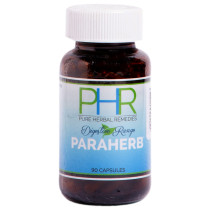
-
sku75353
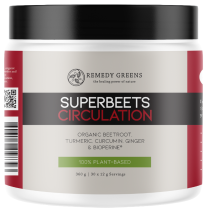
-
sku464v1
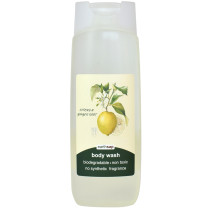
-
sku61059
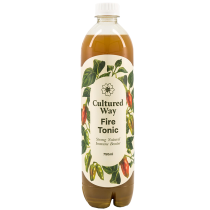
-
sku80553
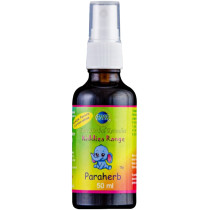
-
sku68587

-
sku890
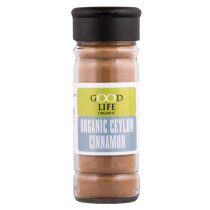
-
sku121233
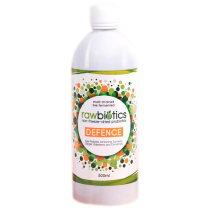
-
sku124073

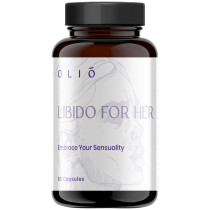
-
sku5129
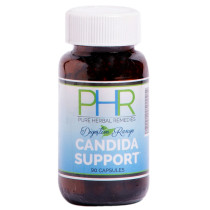
-
sku63246

-
sku105523
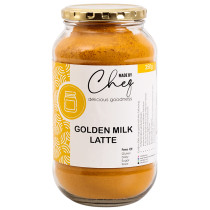
-
sku131515
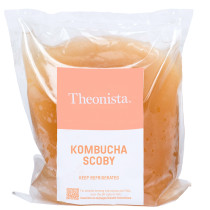
-
sku66372
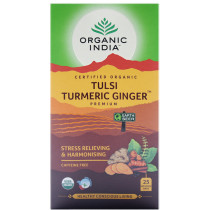
-
sku132708

-
sku72125
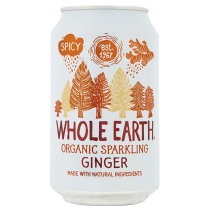
-
sku5127
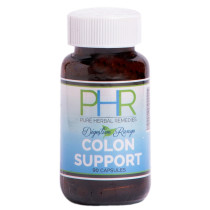
-
sku65834
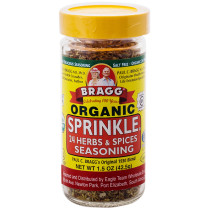
-
sku5128
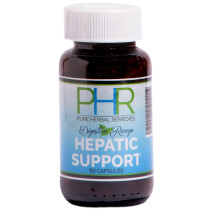
-
sku61062
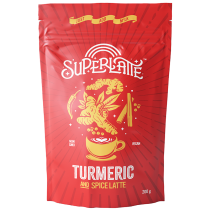
-
sku106556

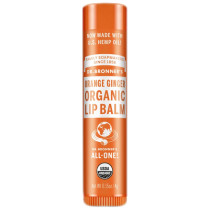
-
sku5137
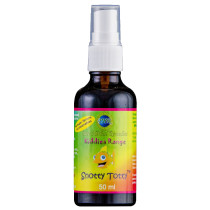
-
sku5131

-
sku61127
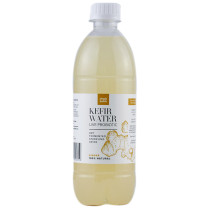
-
sku103914
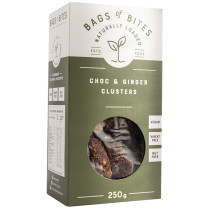
-
sku981
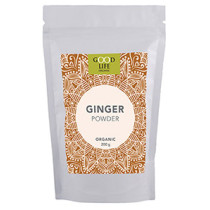
-
sku124074

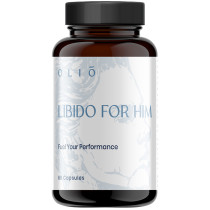
-
sku6289

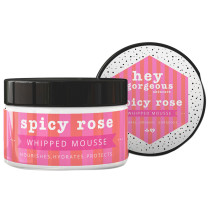
-
sku4967
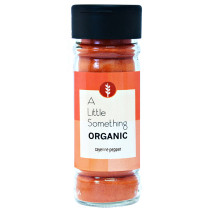
-
sku3821
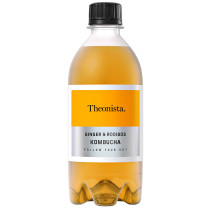
-
sku66386

-
sku103214
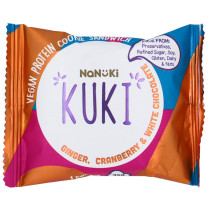
-
sku61128
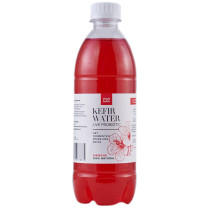
-
sku139614
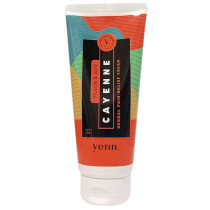
-
sku131976

-
sku108771


-
sku66564
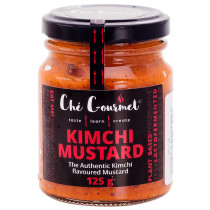
-
sku9730
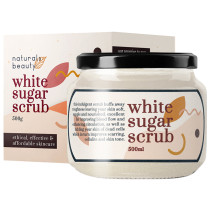
-
sku91079
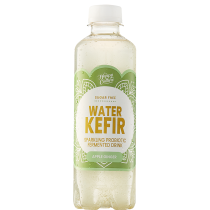
-
sku75356

